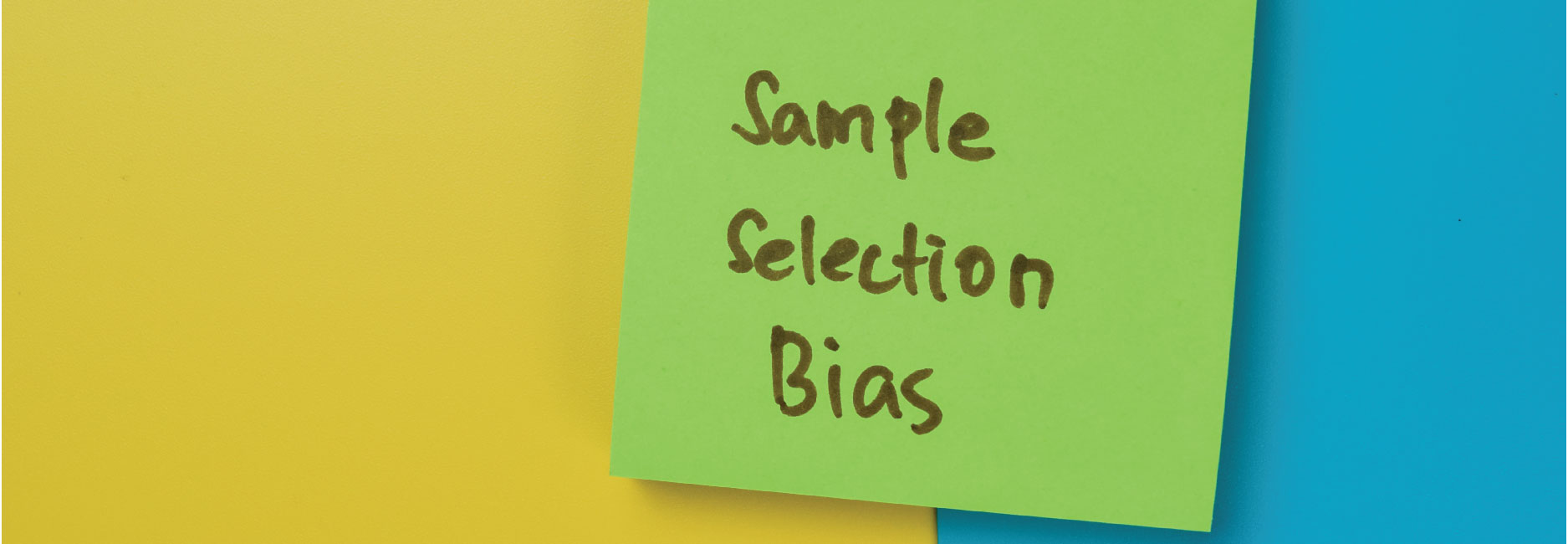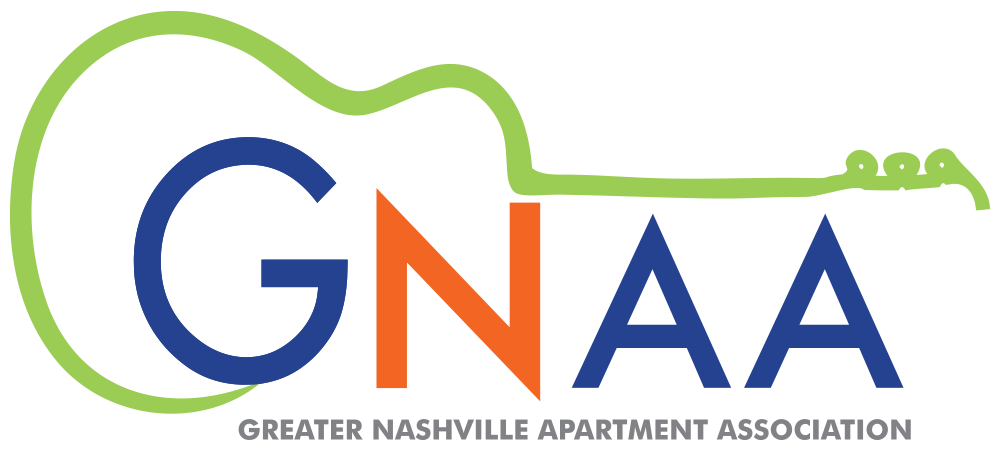Clean Up Your (Unconscious) Bias
Clean Up Your (Unconscious) Bias

Bias is defined as an attitude towards or against something or someone. We all have biases, many of which we are very aware. I have a bias against cold weather, so many years ago, the action I chose to address that bias was to move to the South, where my cold weather experiences would be mild and limited. Unfortunately, not every bias is as easily resolved.
The other part of the equation is our unconscious biases, those thoughts and feelings of which we are not aware, that may get expressed in very negative ways. This includes stereotypes and prejudices, racism, gender bias, and a multitude of other “isms” that result in unfair treatment. Unconscious biases may manifest themselves through small, subconscious behaviors that devalue, insult, disrespect, and exclude others. We all have biases, and having biases does not mean that we are bad people, it means that we are human. The challenge is to identify and “clean up” our unconscious biases.
How are biases formed?
The mind is constantly taking in data – words, pictures, complex ideas, experiences. Our brain then works to sort these millions of imprints, or pieces of information, into categories. Your brain has stored years of past experiences that influence our responses to new stimuli through mental associations. Some of these imprints on our brain that are from focus, study, or highly impactful experiences, are in our memory and can be more easily recalled. These contribute to our thoughts, opinions, attitudes, or are our conscious biases.
Then there are impressions that come from a multitude of other sources such as the people we interact with, media, advertisements, movies, photos, and other life experiences, that our brain still works to sort. These often create biases that we are not be aware of. As I previously stated, having biases means you’re human, but you cannot use negative, unconscious biases as an excuse for unfair or inequitable behaviors.
How do I clean up my biases?
Cleaning up your biases can be challenging, as you have a lifetime of experiences that have contributed to them. You need to take an honest, critical look at yourself and your actions. The good news is that if you are willing to put in the work, there are many resources available to help you. I offer these five strategies for combatting unconscious bias.
- Uncover Your Personal Biases: One tool that can help with this is Harvard University’s Implicit Association Test. This online assessment can be taken free of charge, and can help you to identify some potential unconscious biases.
- Question Your Thoughts and Actions: Once you are aware of your biases, learn to question your thoughts and actions to better understand what life experiences may have influenced you. Accept that one impactful incident may have created a stereotype that you now apply to an entire population of people. Focus on seeing people as individuals and getting to know them on a more personal level.
- Empathy: Empathy is the ability to understand the feelings of others or to see a situation from their point of view. Empathy also helps you to regulate your own emotions. Ask questions with the goal of better understanding others, and intently listening to the stories of their lived experiences.
- Education: There are many resources available for anyone motivated to learn more about unconscious bias - books, articles, podcasts, videos, classes. If you are more of an experiential learner, simply put yourself in situations that will provide learning experiences, such as attending a cultural festival or interacting with people who are different from you.
- Advocacy: Be part of the conversation. Get involved in discussions, activities and events about diversity, equity, and inclusion topics. Find ways to show support of marginalized groups by making a commitment to be part of the solution and not contribute to the problem.
When springtime rolls around, we often create lists of the many clean up projects in our life. Let’s add cleaning up our unconscious bias to this list (and not just for spring).

